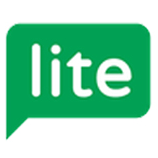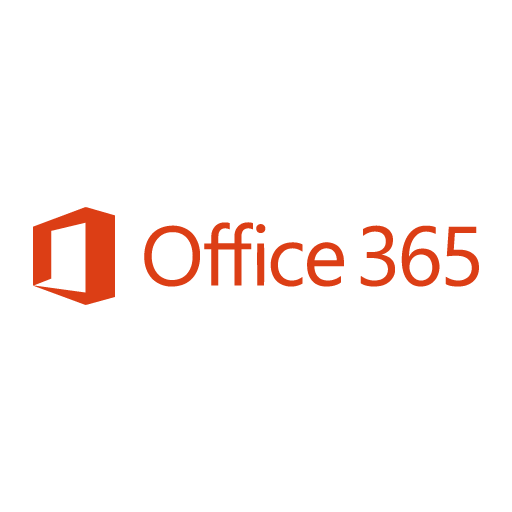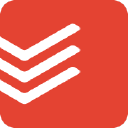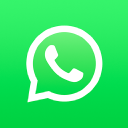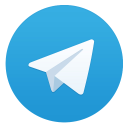I Built A $60K/Year Blog That Helps Startups Succeed
Hello! Who are you and what business did you start?
I am Christos Kritikos and I am the founder of Emerging Humanity. I see entrepreneurship as a catalyst for business activity, economic development, and (ultimately) social progress especially in developing parts of the world.
Emerging Humanity's goal is to facilitate this process and amplify the impact by helping the startups succeed! We offer accelerator programs, entrepreneur courses, startup tools and templates, and hands-on services like consulting and coaching, that help impact-driven entrepreneurs launch successful products and become fundable.
Since we started (3-4 years ago) I have personally helped more than 50 founders/entrepreneurs. We are also seeing promising activity with our (more recent) educational offerings like the accelerator and the eCourses.
What's your backstory and how did you come up with the idea?
I think the business and I somehow...




